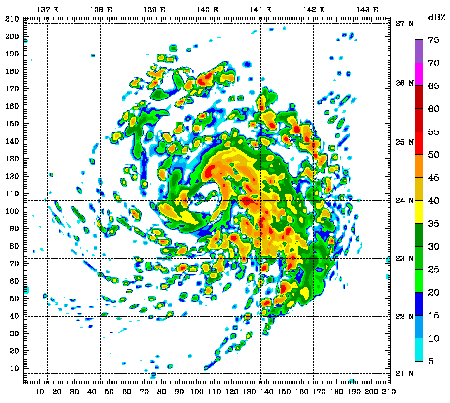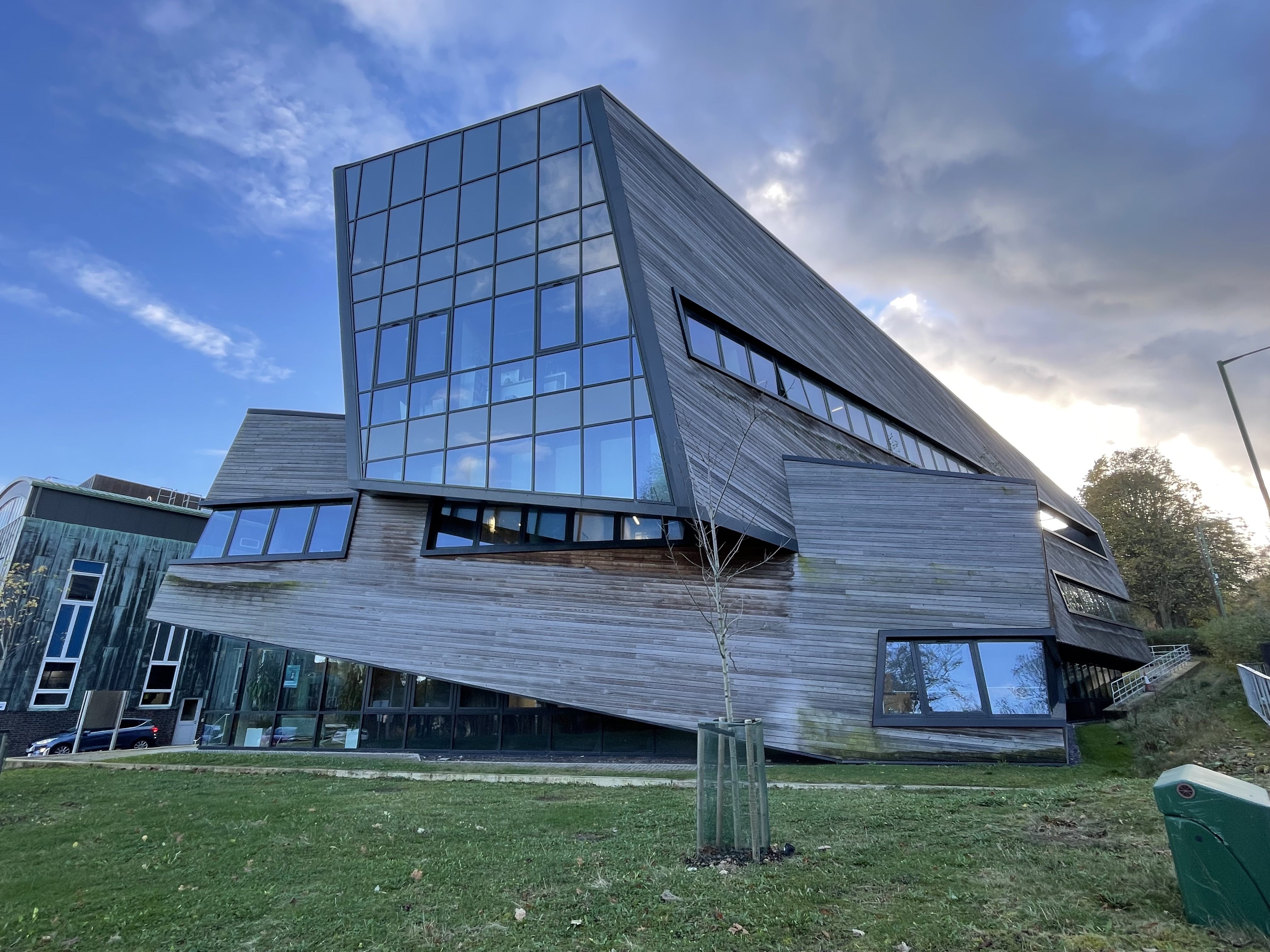|
Carlos Frenk
Carlos Silvestre Frenk (born 27 October 1951) is a Mexican-British cosmologist and the Ogden Professor of Fundamental Physics at Durham University.University of Durham Department of PhysicsResearch in the Department: Status and Outlook March 2005. Retrieved 23 July 2013. His main interests lie in the fields of cosmology, galaxy formation and computer simulations of cosmic structure formation. Early life and education Carlos Frenk was born in Mexico City, Mexico and is the eldest son of six siblings. His father is a German Jewish doctor who emigrated from Germany at the age of 7, fleeing persecution in the lead up to World War II. His mother is a Mexican–Spanish pianist. Frenk studied engineering at the National Autonomous University of Mexico but later changed to Theoretical Physics, earning an undergraduate degree in 1976. Later that year he secured a British Council Fellowship and enrolled at the University of Cambridge to read Part III of the Mathematical Tripos, whi ... [...More Info...] [...Related Items...] OR: [Wikipedia] [Google] [Baidu] |
Astrophysics
Astrophysics is a science that employs the methods and principles of physics and chemistry in the study of astronomical objects and phenomena. As one of the founders of the discipline said, Astrophysics "seeks to ascertain the nature of the heavenly bodies, rather than their positions or motions in space–''what'' they are, rather than ''where'' they are." Among the subjects studied are the Sun, other stars, galaxies, extrasolar planets, the interstellar medium and the cosmic microwave background. Emissions from these objects are examined across all parts of the electromagnetic spectrum, and the properties examined include luminosity, density, temperature, and chemical composition. Because astrophysics is a very broad subject, ''astrophysicists'' apply concepts and methods from many disciplines of physics, including classical mechanics, electromagnetism, statistical mechanics, thermodynamics, quantum mechanics, relativity, nuclear and particle physics, and atomic a ... [...More Info...] [...Related Items...] OR: [Wikipedia] [Google] [Baidu] |
Computer Simulations
Computer simulation is the process of mathematical modelling, performed on a computer, which is designed to predict the behaviour of, or the outcome of, a real-world or physical system. The reliability of some mathematical models can be determined by comparing their results to the real-world outcomes they aim to predict. Computer simulations have become a useful tool for the mathematical modeling of many natural systems in physics ( computational physics), astrophysics, climatology, chemistry, biology and manufacturing, as well as human systems in economics, psychology, social science, health care and engineering. Simulation of a system is represented as the running of the system's model. It can be used to explore and gain new insights into new technology and to estimate the performance of systems too complex for analytical solutions. Computer simulations are realized by running computer programs that can be either small, running almost instantly on small devices, or large ... [...More Info...] [...Related Items...] OR: [Wikipedia] [Google] [Baidu] |
Fellow Of The Royal Society
Fellowship of the Royal Society (FRS, ForMemRS and HonFRS) is an award granted by the judges of the Royal Society of London to individuals who have made a "substantial contribution to the improvement of natural knowledge, including mathematics, engineering science, and medical science". Fellowship of the Society, the oldest known scientific academy in continuous existence, is a significant honour. It has been awarded to many eminent scientists throughout history, including Isaac Newton (1672), Michael Faraday (1824), Charles Darwin (1839), Ernest Rutherford (1903), Srinivasa Ramanujan (1918), Albert Einstein (1921), Paul Dirac (1930), Winston Churchill (1941), Subrahmanyan Chandrasekhar (1944), Dorothy Hodgkin (1947), Alan Turing (1951), Lise Meitner (1955) and Francis Crick (1959). More recently, fellowship has been awarded to Stephen Hawking (1974), David Attenborough (1983), Tim Hunt (1991), Elizabeth Blackburn (1992), Tim Berners-Lee (2001), Venki Ramakrishnan ( ... [...More Info...] [...Related Items...] OR: [Wikipedia] [Google] [Baidu] |
Shaun Cole
Shaun Malcolm Cole (born 19 November 1963) is a British cosmologist and academic. He has been Professor of Physics at Durham University since 2005 and is the current director of the Institute for Computational Cosmology. He was joint-winner of the 2014 Shaw Prize. References 1963 births Living people British astrophysicists Academics of Durham University 20th-century British astronomers {{UK-physicist-stub ... [...More Info...] [...Related Items...] OR: [Wikipedia] [Google] [Baidu] |
Institute For Computational Cosmology
The Institute for Computational Cosmology (ICC) is a Research Institute at Durham University, England. It was founded in November 2002 as part of the Ogden Centre for Fundamental Physics, which also includes the Institute for Particle Physics Phenomenology (IPPP). The ICC's primary mission is to advance fundamental knowledge in cosmology. Topics of active research include: the nature of dark matter and dark energy, the evolution of cosmic structure, the formation of galaxies, and the determination of fundamental parameters. The current director of the ICC is Shaun Cole. ICC researchers have played a central role in the development of the standard model of cosmology, Lambda-CDM model (ΛCDM). Because of the vast scale of questions in cosmology, advances often require supercomputer simulations in which a virtual Universe is allowed to evolve for 13.8 billion years from the Big Bang to the present day. The simulation is rerun with different ingredients or different physics, ... [...More Info...] [...Related Items...] OR: [Wikipedia] [Google] [Baidu] |
Simon White Simon David Manton White (born 30 September 1951), FRS, is a British astrophysicist. He was one of directors at the Max Planck Institute for Astrophysics before his retirement in late 2019. Life White studied Mathematics at Jesus College, Cambridge in the University of Cambridge (B.A. 1972) and Astronomy at the University of Toronto (MSc 1974). In 1977 he obtained a doctorate in Astronomy under Donald Lynden-Bell entitled "The Clustering of Galaxies" at the University of Cambridge. After a few years at the University of California, Berkeley, the Steward Observatory of the University of Arizona and the University of Cambridge he was appointed in 1994 as a Scientific Member of the Max Planck Society and as Director of the Max Planck Institute for Astrophysics in Garching. White is also Res |


